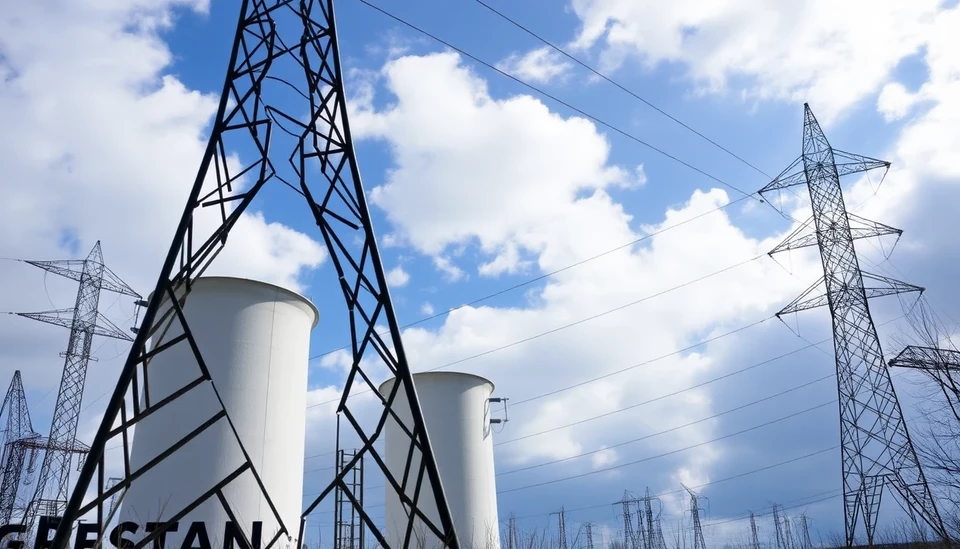
Germany's industrial sector is on the verge of facing a significant setback as the government prepares to implement changes to its electricity pricing structure. This overhaul is aimed at regulating and stabilizing the national power market, but it also poses new risks to companies reliant on stable energy costs. With energy prices already high, operators are bracing for potential impacts on their competitiveness, which could derail Germany's economic recovery.
The government's proposal includes a shift towards a more market-oriented pricing system. This means that the prices consumers pay for electricity will be more closely tied to the costs of generating electricity. While this may encourage efficiency and innovation in energy production, it could further inflate costs for industrial consumers already grappling with elevated energy prices due to global market fluctuations.
Critics of the overhaul argue that sudden pricing adjustments could lead to higher operational costs for manufacturers, ultimately resulting in reduced competitiveness on the international stage. German industries, particularly those in metal and chemicals, are warning that elevated energy costs could force them to shift operations abroad or delay investments in crucial sectors.
The timing of this overhaul comes amid concerns regarding energy supply and the ongoing transition towards renewable energy sources. The government is attempting to balance its commitments to sustainability with the immediate needs of its industrial base, which relies heavily on affordable energy to maintain production levels and jobs.
Industry leaders have called for a more gradual approach to the reform, suggesting that impulsively changing the pricing structure could jeopardize jobs and economic stability. There are fears that such actions could accelerate the already rising trend of deindustrialization in Germany, prompting manufacturers to relocate to countries with more favorable energy costs.
In response to these challenges, the government has expressed its commitment to finding solutions that will protect the interests of industrial consumers. However, definitive measures to cushion the impact of these pricing changes have yet to be outlined, leaving many businesses anxious about the future.
Overall, the forthcoming power pricing overhaul presents a complex situation for Germany's economy. Balancing the transition to a green energy future with the immediate demands of its industrial sector will require careful navigation and responsive policies. How the government addresses these concerns in the coming months will be crucial for the health of both the energy market and the broader economy.
#Germany #Industry #PowerPricing #EnergyCosts #EconomicRecovery #RenewableEnergy
Author: John Harris




